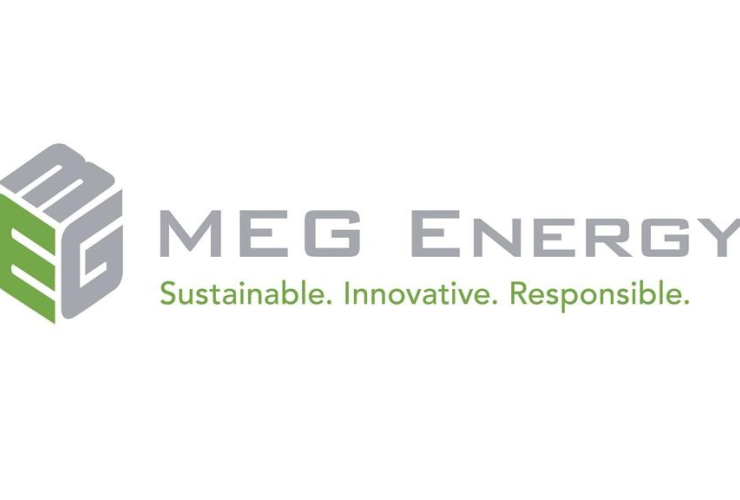CALGARY – The recently completed Trans Mountain pipeline expansion will boost Canadian oil prices for “years” to come, an executive at tar sands producer MEG Energy Corp. said Tuesday.
“It’s great for the industry and for Canada to have that tremendous asset available,” MEG vice president of marketing Erik Alson said during a conference call with analysts to discuss the company’s first-quarter earnings.
Historically, Canadian heavy oil has sold at a discount to lighter U.S. crude, partly due to differences in product quality and transportation costs, but also due to the lack of pipeline export capacity that has limited market access for Canadian oil.
At times, that discounting has been severe. Rising tar sands production and limited pipeline space in the fall of 2018 caused Canada’s benchmark heavy oil price, known as Western Canada Select, to sell for almost $50 a barrel below the price of American reference West Texas Intermediate. The Alberta government ended up restricting oil production in the province for a time to address the problem.
A similar problem occurred in 2012-2013, leading then-Alberta Premier Alison Redford to blame what she called the “bitumen bubble” for a massive shortfall in government revenue.
A 2020 study by IHS Markit estimated that insufficient pipeline export capacity resulted in a $14 billion loss in value for Canada between 2015 and 2019.
But the Trans Mountain pipeline expansion is expected to change things. The expansion, which marked its official opening last week, gives Canadian oil shippers access to an additional 590,000 barrels per day of pipeline capacity and opens new markets for tar sands products in Asia and along the Pacific coast of USA.
MEG is a major beneficiary of the Trans Mountain expansion, with 20,000 barrels per day of contracted capacity on the pipeline.
Canadian heavy oil prices rose and the WCS-WTI spread narrowed in April in anticipation of the start of the pipeline expansion, and Alson said Tuesday he expects that to be a long-term trend.
Canadian heavy oil has historically sold at a discount to lighter US crude, partly due to differences in product quality and transportation costs, but also due to a lack of pipeline export capacity that has limited the market access. #TMX
“With this critical infrastructure now complete, we anticipate that differentials between light vehicles will remain tight for years,” he said.
Tar sands companies have had years to ramp up production before Trans Mountain comes online, since the pipeline expansion was first proposed a dozen years ago and took more than four years to build. Many analysts have suggested that the pipeline will fill quickly, something Alson acknowledged.
“As an industry, we have a history of filling available outlets and I think that will happen again over time,” he said.
“There are various estimates as to when that might happen. We’ve seen (projections) as recent as two years, others five or six years away. Our thinking is closer to the outer end of that time frame.”
He also said he doesn’t expect another pipeline to be built in Canada. But he said a possible future expansion of Enbridge Inc.’s Mainline pipeline network, which has been expanded many times in its 75-year history, could offer some relief to oil shippers once Trans Mountain is full.
He said there may also be ways to improve the efficiency or “eliminate bottlenecks” of other existing pipelines without having to start from scratch with new construction.
MEG Energy Corp. said it earned $98 million in its first quarter, up from $81 million during the same quarter last year.
The Calgary-based company’s revenue was $1.4 billion, up from $1.5 billion a year earlier.
Diluted earnings per share were 36 cents, down from 28 cents.
Bitumen production averaged about 104,000 barrels per day during the period ended March 31.
Former COO Darlene Gates took over as CEO of MEG on May 1, replacing outgoing CEO Derek Evans.
This report by The Canadian Press was first published May 7, 2024.

